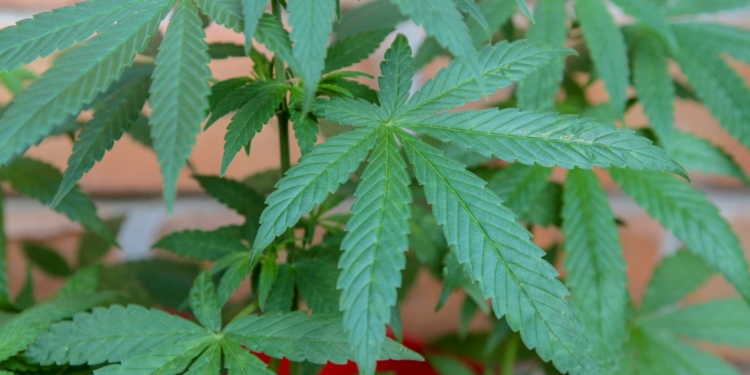ALBANY — Gov. Kathy Hochul proposed to increase civil and tax penalties for the unlicensed and illicit sale of cannabis in New York.
The governor pitched the legislation on Wednesday, March 22, saying it would provide additional enforcement power to the Office of Cannabis Management and the Department of Taxation and Finance to enforce the new regulatory requirements and close stores engaged in the illegal sale of cannabis.
The Town of Bethlehem was among a handful of municipalities that opted out of allowing cannabis dispensaries before the end-of-year deadline in 2021. The Village of Altamont and the Town of Guilderland did the same. The City of Albany; and the towns of Berne, Colonie and Coeymans have all allowed licensed storefronts to open.
“Over the past several weeks I have been working with the legislature on new legislation to improve New York’s regulatory structure for cannabis products,” Hochul said. “The continued existence of illegal dispensaries is unacceptable, and we need additional enforcement tools to protect New Yorkers from dangerous products and support our equity initiatives. I am proud of our continued progress creating the entirely new legal cannabis industry and helping legal dispensaries open their doors to offer safer cannabis products to New Yorkers.”
The new legislation, which is being introduced as a governor’s program bill in the Senate and Assembly, amends the Tax Law and the Cannabis Law to enable the Office of Cannabis Management (OCM), the Department of Taxation and Finance (DTF) and local law enforcement to enforce restrictions on unlicensed storefront dispensaries.
The legislation does not impose any new penalties related to cannabis possession by an individual for personal use and does not allow local law enforcement to perform enforcement actions against individuals.
This legislation, for the first time, would allow OCM and DTF to crack down on unlicensed activity, protect New Yorkers, and ensure the success of new cannabis businesses in New York. The legislation would restructure current illicit cannabis penalties to give DTF peace officers enforcement authority, create a manageable, credible, fair enforcement system, and would impose new penalties for retailers that evade State cannabis taxes.
Additionally, it would clarify and expand OCM’s authority to seize illicit product, establish summary procedures for OCM and other governmental entities to shut down unlicensed businesses, and create a framework for more effective cross-agency enforcement effort. Violations of the law could lead to fines of $200,000 for illicit cannabis plants or products and would allow OCM to fine businesses $10,000 per day for engaging in cannabis sales without a license.
The measure was lauded for its potential to keep unregulated and “potentially dangerous” products off store shelves by the Office of Cannabis Management.
“The success of New York’s historic equity-based approach to the cannabis industry depends on upholding our cannabis laws,” said Chris Alexander, Office of Cannabis Management Executive Director. “Entrepreneurs looking to participate in our legal cannabis industry — especially justice-involved individuals looking for a CAURD license — are being economically harmed by bad actors filling their storefronts with products that are questionable, unregulated and potentially dangerous.”



